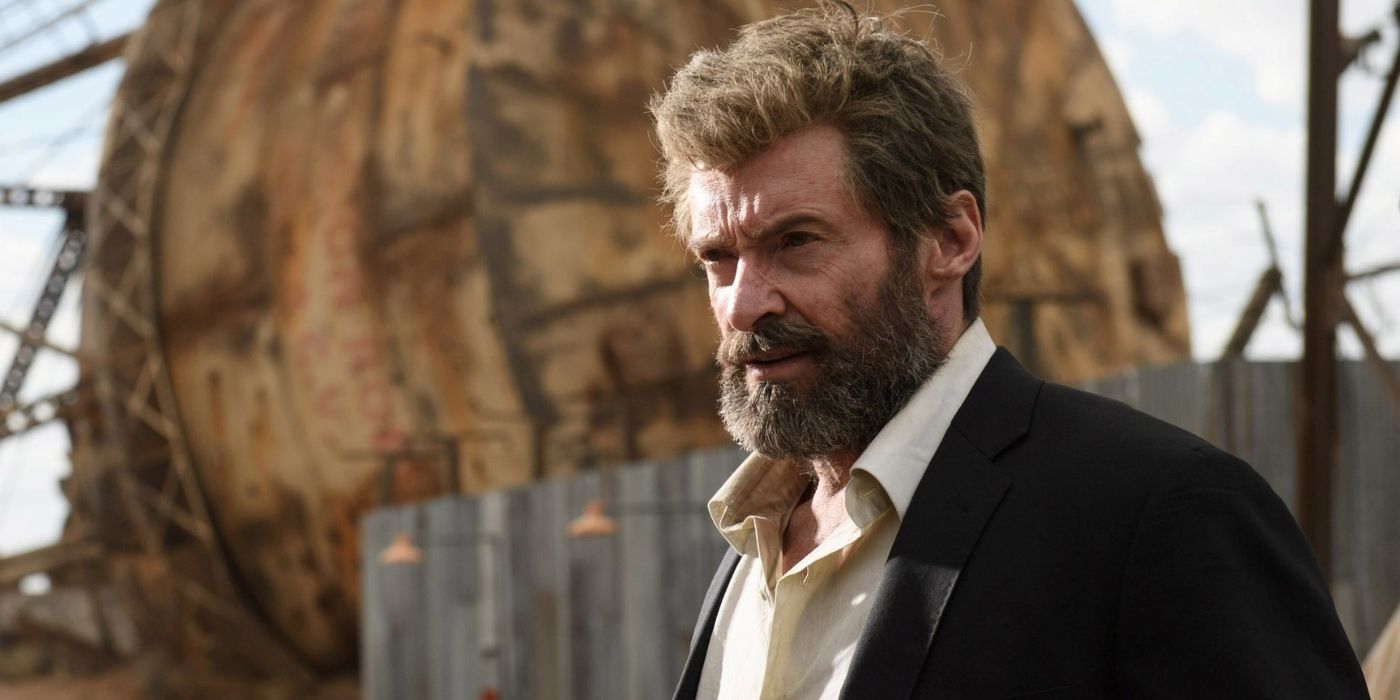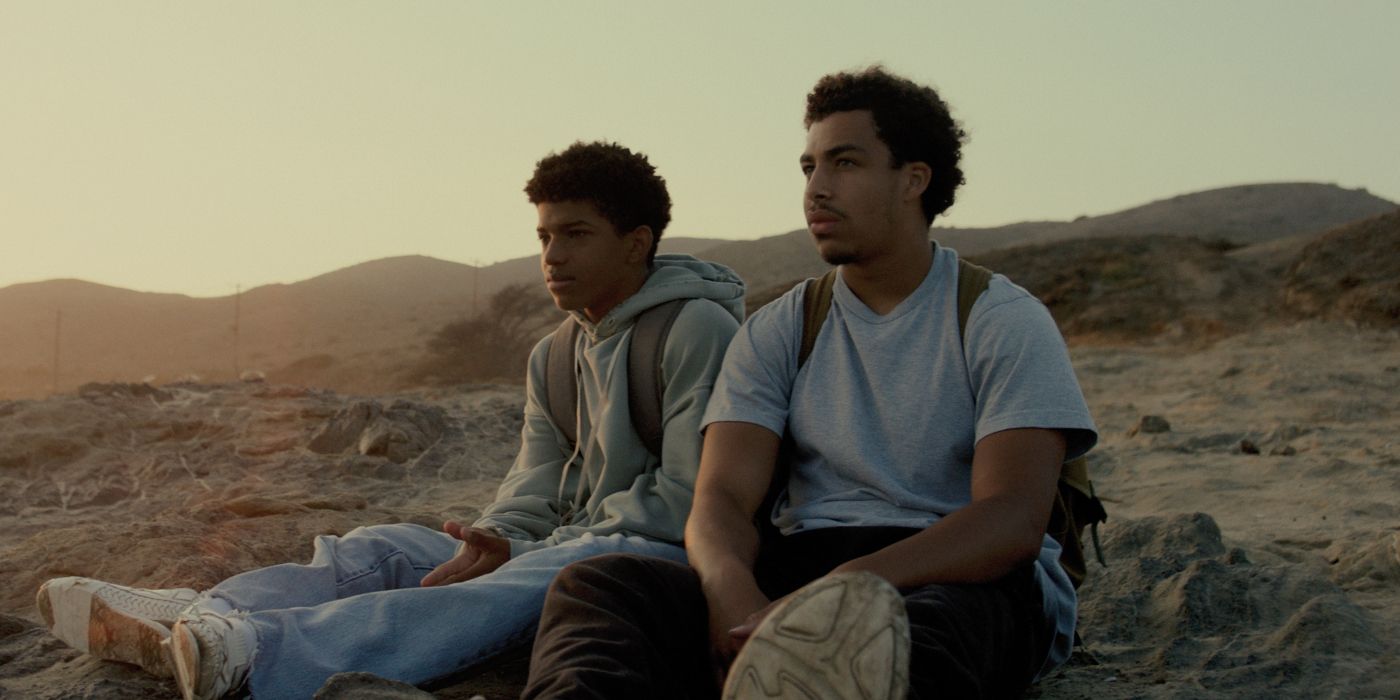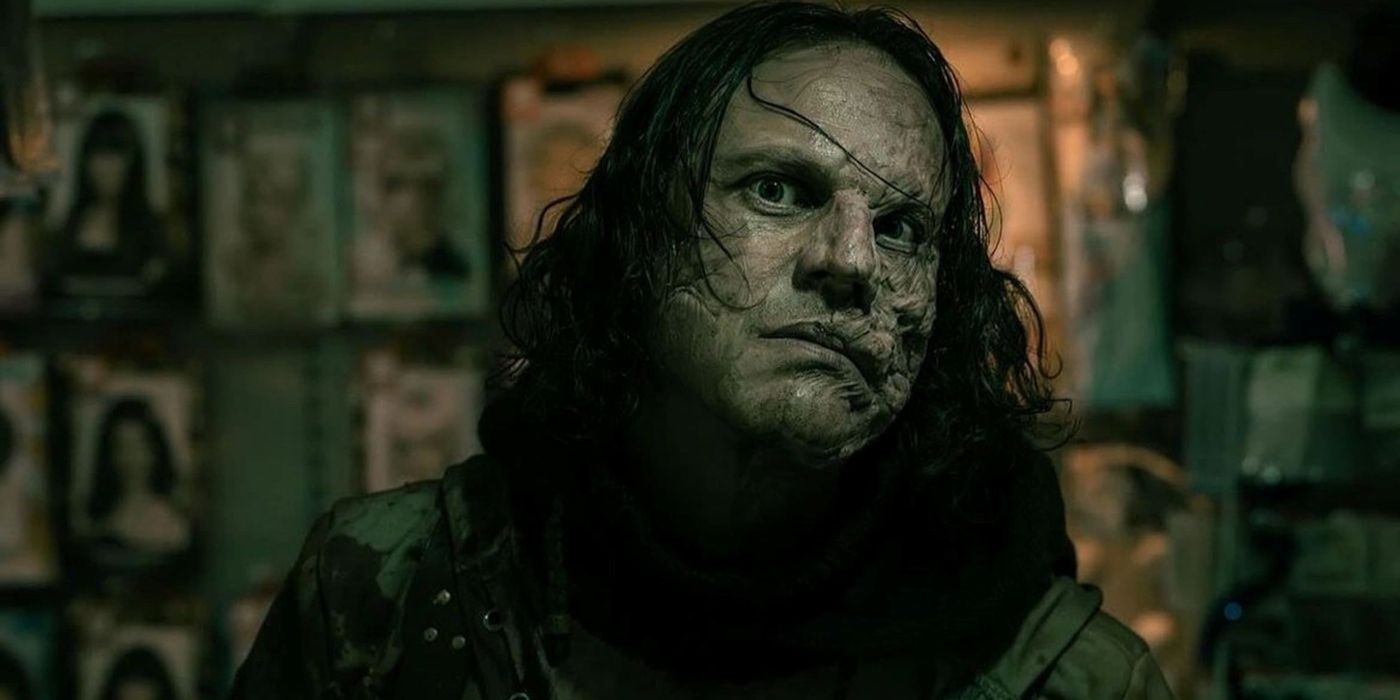A young man struggles to care for his developmentally disabled brother after the mysterious disappearance of their parents. How I Learned to Fly is a heartbreaking journey through poverty and helplessness. You empathize with their crushing despair as forlorn protagonists slip through the cracks to indigency. The film’s message has merit and illustrates serious societal failures, but unfortunately veers into sluggish melodrama. How I Learned to Fly never recovers from a molasses drip first act, strange editing, and a woeful score that amplifies an already depressing narrative.
Daniel Davis (Marcus Scribner) wakes up from a nightmare. He’s plummeting to his doom. Eli, his autistic and frail 14-year-old brother, sleeps in the bed beside him. Daniel panics as he remembers slivers of a violent encounter in the kitchen. He has a momentary flashback of happier times. Their mother, Dorothee (Crystal Bush), laughs while smoking a cigarette. Eli joins her revelry despite the presence of Cliff (Method Man), an abusive husband and father who terrified them all.
Louis (Cedric the Entertainer), a kind next door neighbor, asks Daniel about his mother. He hasn’t seen Dorothy in ages. Daniel deflects his questions and runs to the bus. Their dilapidated old car sits broken in the driveway. Daniel works tirelessly as a dishwasher. He secretly scrapes leftover food into takeaway boxes. The brothers sit in silence while sharing the meager scraps. Daniel asks Eli if he’s showered today.
A Mysterious Disappearance
Film Movement
Daniel takes a call from his high school counselor (Remy O’Brien). He might have a chance to attend college, but she needs to speak to his mother. Where is Dorothee? Why hasn’t she called back? Eli is also concerned about his mother. He leaves stuttering messages on her phone hoping for a response. Daniel refuses to tell him where she went or why. He warns his brother that they only have each other. Eli will be placed in foster care if authorities discover their parents are gone.
Daniel’s efforts to keep their house hits a brick wall. The utilities are turned off. Eli finds an eviction notice stapled to the door. They have no more furniture to sell for rent. Daniel’s nightmares continue. Louis can tell something is wrong, but Daniel isn’t forthcoming. The brothers get a minor ray of sunshine when Eli fixes the car. He learned from watching YouTube. The vehicle is a last resort. Daniel and Eli have nowhere else to go.
Related: Best Black Cinema of 2022
How I Learned to Fly spends its first hour establishing a dire situation and the brothers’ unbreakable bond. Scenes of Daniel trying to communicate and care for Eli are gut-wrenching. Eli smells because he won’t bathe. His father’s beatings and abuse took place in the tub. Daniel writes on their bedroom ceiling rules Eli must follow. Go to school, do your homework, and don’t steal, to name a few. The latter becomes increasingly difficult as the brothers starve. Eli, who’s bullied by the neighborhood children, pilfers groceries for food. He’s lost inside himself and unable to process his mother’s absence. Daniel nears emotional collapse as burdens overtake him.
The Last Resort
Writer/director Simon Steuri employs a heavy hand in his feature debut. There’s no glossing over the brothers’ predicament. He purposely overwhelms with grief and tragedy to reinforce their lives in shambles. Steuri’s methodology is understood but runs way too long in execution. It’s akin to repeatedly hammering a nail until the wood is broken. The audience eventually becomes desensitized to the onslaught of sorrow.
Steuri’s script and supporting characters lose considerable steam as the actual plot takes shape. Louis, who’s featured prominently in the beginning, vanishes from the story. This turn makes little sense. He cares about the brothers, offers food, kind words, but does nothing when they’re evicted. It strains credulity that they could be tossed to the curb so easily without some outside recognition of what’s transpired. Louis asks once about Dorothee and never brings her up again. A concerned neighbor would never let a missing woman slide, especially when he also knows their father’s history.
RELATED: 35 Saddest Movies That Are Certified Tearjerkers
How I Learned to Fly puzzles with odd editing choices and skewed camera angles. Steuri attempts to create an unbalanced and unsettling visual style, the assumption being to see the world through Daniel and Eli’s eyes. They’re walking a tightrope, hungry, and lost in a melancholic fog. This might have worked if the slow jazz piano and wailing vocal accompaniment wasn’t so unpleasant. The technical and artistic choices add up to an occasionally disconcerting experience that makes the already slow pacing worse.
Children living in cars, rooting through garbage, and bathing in public bathrooms aren’t a Hollywood fantasy. Homelessness plagues this country. Millions toil daily for slave wages and aren’t able to afford basic housing or food. Steuri admittedly goes overboard with his delivery, but deserves credit for tackling tough themes.
How I Learned to Fly is a production of Silent R Management. It is currently in limited theatrical release from Film Movement.
You can view the original article HERE.






























